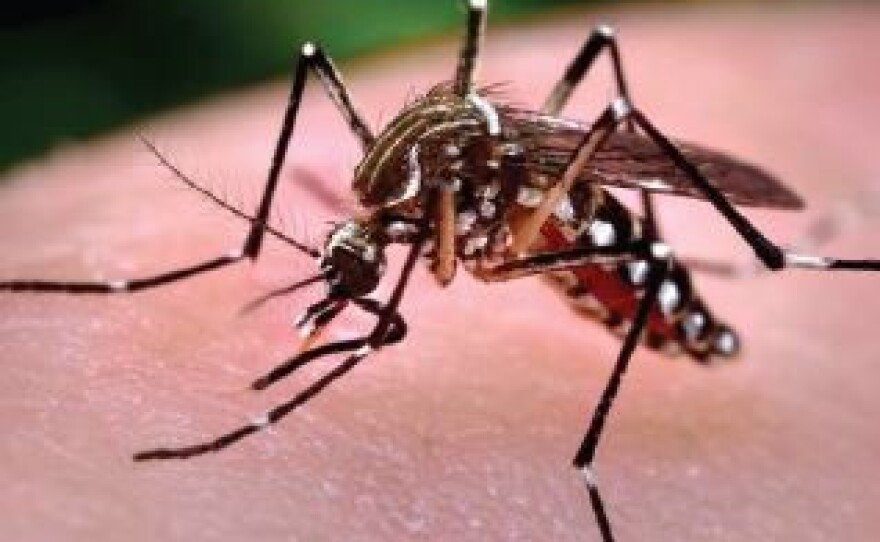A dead American Crow found in La Mesa tested positive for West Nile virus, which prompted county environmental health officials to remind people to protect themselves from mosquitoes that can transmit the virus to people.
County officials said Thursday people should continue to follow "Prevent, Protect, Report" guidelines, including finding and dumping out standing water around homes to keep mosquitoes from breeding.
According to a county statement, the crow found in La Mesa was the first dead bird to test positive for the virus in San Diego County this year, and there have been no locally contracted human West Nile virus cases reported.
In 2015, 44 San Diego County residents tested positive for West Nile virus and six county residents died.
The virus "is mainly a bird disease, but it can be transmitted to humans by a number of species of mosquitoes — including Culex mosquitoes native to San Diego and, less effectively, by invasive Aedes aegypti mosquitoes — if they feed off an infected animal, mainly birds, and then bite people," the statement reads.
If people who become infected suffer symptoms, they are typically mild, including headache, fever, nausea, fatigue, skin rash or swollen glands. But in rare cases, West Nile virus can make people extremely ill and even kill them.
"Mosquitoes like to live and breed near people, in yards and even inside homes," the statement reads. "Some invasive types can potentially transmit diseases not naturally found here including chikungunya, dengue and Zika — but only if they first bite an infected person."
Besides dumping out standing water, the county recommends wearing long sleeves and reporting increased mosquito activity or dead birds to environmental health's Vector Control Program by calling 858-694-2888 or emailing vector@sdcounty.ca.gov.







